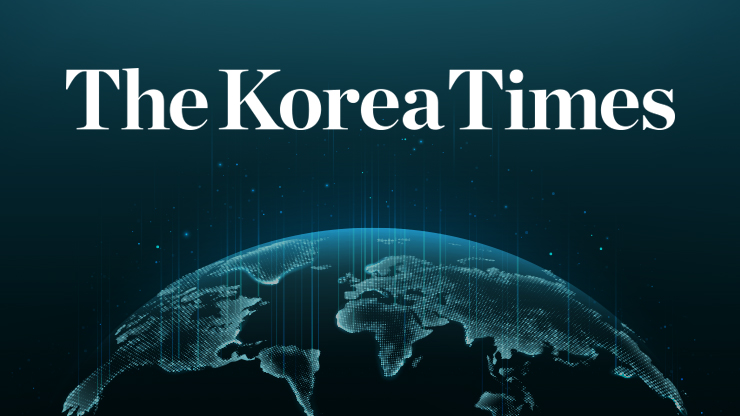By Kang Seung-woo
The abbreviation “K” for Korea is now a globally recognized symbol, and when attached, it signifies fame and trends.
“K-culture,” encompassing films, dramas, and pop music, has captivated global audiences, with notable successes such as the global reach of K-pop and award-winning films. Novelist Han Kang’s Nobel Prize in Literature has taken “K-literature” to new heights. These achievements have not only enhanced Korea’s global prominence but also fostered a deep sense of national pride.
However, the popularity of K has hit a snag due to the political uncertainties prompted by President Yoon Suk Yeol’s Dec. 3 declaration of martial law and his subsequent impeachment. This has raised concerns that the promising prospects of the recently surging Korean defense industry and its arms exports could be undermined.
The situation is particularly regrettable as the return of Donald Trump as U.S. president is expected to bolster the Korean defense sector, amid expectations that his administration will likely introduce a larger defense budget, potentially facilitating exports from Korean defense companies to the United States.
According to the local defense industry, the government’s role is crucial in securing contracts with other countries, so Korea’s leadership vacuum is feared to negatively impact exports and cause delays in large-scale state projects.
The fallout has already begun to surface.
Kyrgyz President Sadyr Japarov had planned to visit Korea Aerospace Industries (KAI) in Sacheon, South Gyeongsang Province earlier this month to observe a test flight and the production site of the KUH-1 Surion, a twin-engine transport utility helicopter. However, he canceled the visit following Yoon’s abrupt declaration of a short-lived martial law.
Swedish Prime Minister Ulf Kristersson, who was scheduled to visit Seoul from Dec. 5 to 7, also canceled his trip, citing the current situation in Korea.
During his visit, Kristersson was expected to have closed-door meetings with businesses, raising hopes of possible talks about cooperation between the two countries in the defense industry. During Korean Prime Minister Han Duck-soo’s visit to Sweden in May last year, Kristersson had expressed his interest in exploring defense industry cooperation with Korea.
In the defense industry, visits and talks by foreign state leaders carry strategic significance, extending beyond typical commercial promotion.
Furthermore, the martial law debacle is expected to hinder local defense companies’ efforts to secure large overseas orders.
Currently, Hanwha Ocean and HD Hyundai Heavy Industries have set their respective sights on the $60 billion Canadian Patrol Submarine Project (CPSP) and Poland’s $2.4 billion Orka submarine program. The CPSP aims to procure up to 12 conventionally-powered, under-ice capable submarines, while the Orka project seeks to acquire three submarines.
Additionally, concerns are escalating that the leadership vacuum may lead to delaying the 7.8 trillion won ($5.34 billion) KDDX project, a program aiming to construct six 7,100-ton class destroyers by 2036.
The government plans to introduce next-generation warships starting in 2026. However, disruptions in the operation of the Defense Project Promotion Committee, which approves defense project plans, have fueled speculation about delays. The committee is chaired by the defense minister, a position left vacant after former Defense Minister Kim Yong-hyun resigned and was subsequently arrested for his involvement in the martial law debacle.
Although the committee maintains that the project can proceed under the acting defense minister, large-scale projects like the KDDX require coordination not only within the committee but also with the presidential office, the defense ministry and the trade ministry, all of which are grappling with the fallout from the impeachment. In that regard, some suggest that the project may struggle to make meaningful progress until a new government is fully in place.
To address the fallout, the Defense Acquisition Program Administration (DAPA) has reached out to key defense partners, with DAPA Minister Seok Jong-gun actively working to bolster defense cooperation. This includes sending letters to key nations and undertaking a business trip to Poland, a pivotal partner in the K-defense sector.
Korea had been on track to achieve an unprecedented $20 billion in annual defense exports, driven by the strong performance of local firms, but this momentum has been disrupted by the martial law saga, according to DAPA.
There is broad consensus that government ministries must enhance cooperation to navigate the current turmoil. Given that defense procurement involves national security alongside political, diplomatic, and industrial considerations, securing active support from DAPA, the Ministry of Trade, Industry and Energy, the Ministry of Foreign Affairs, and other relevant agencies is critical.


